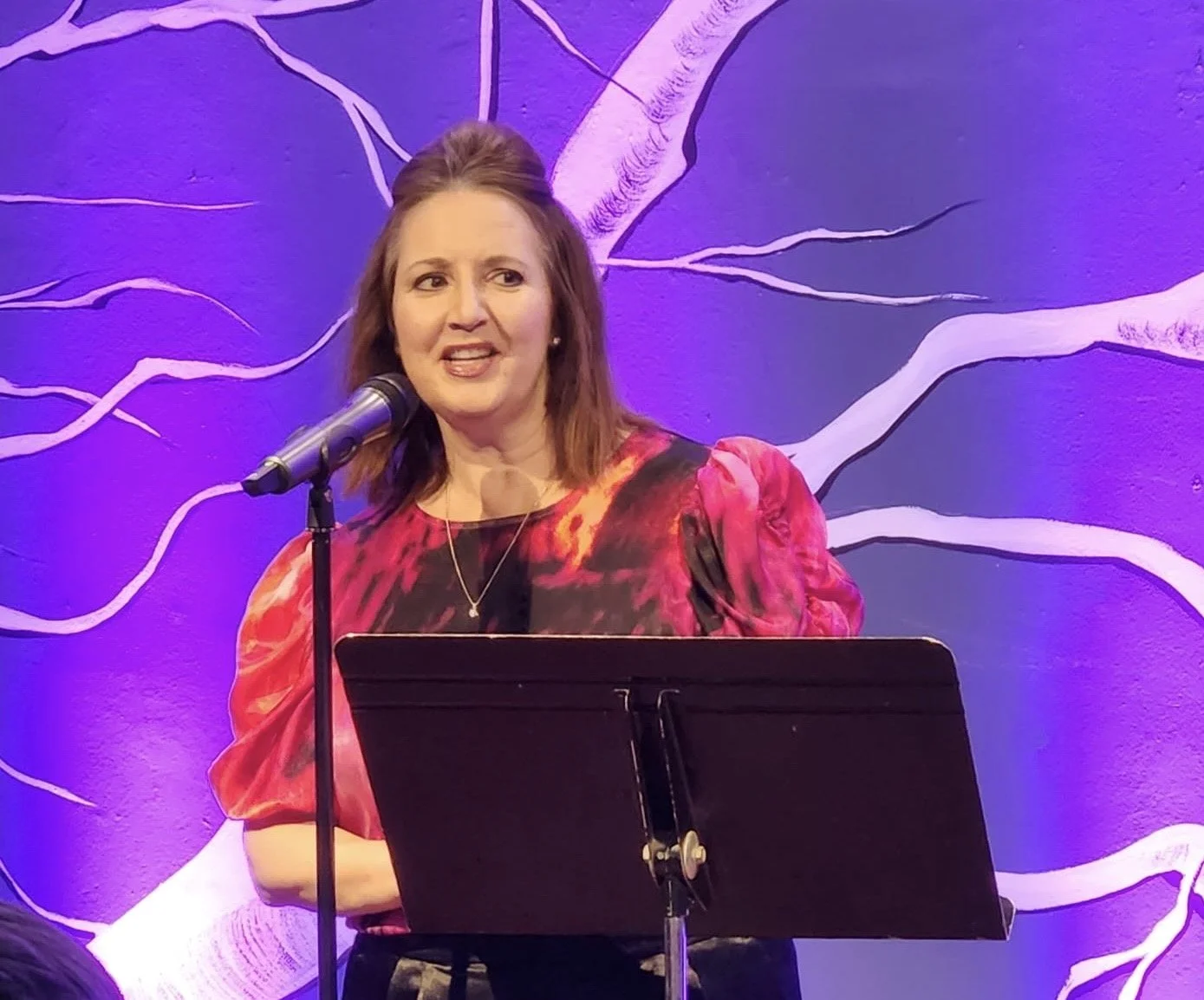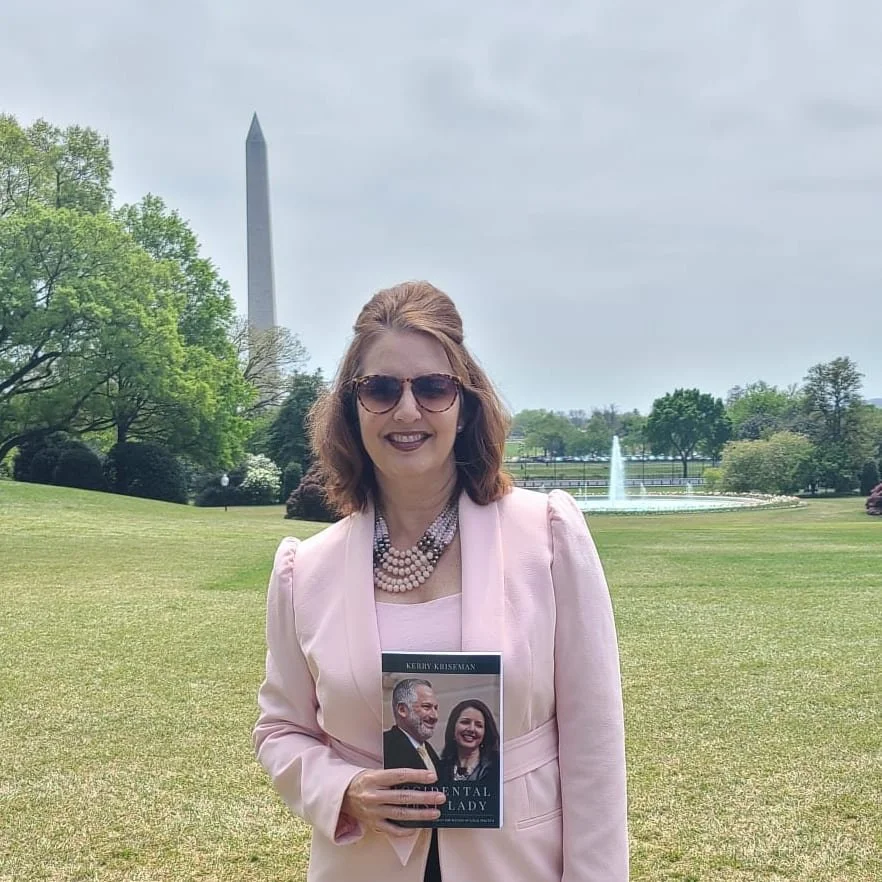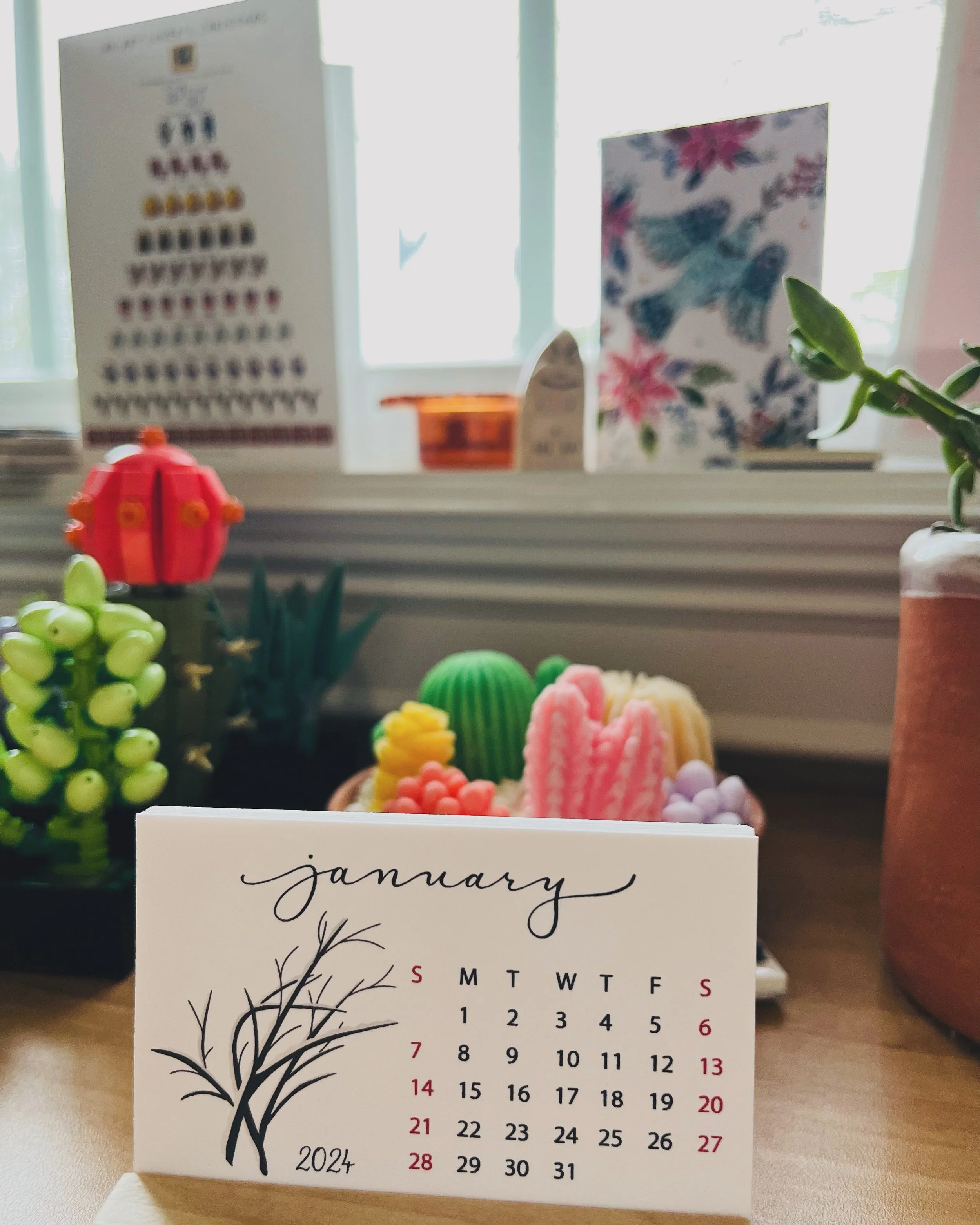Emotions lie at the heart of every memorable memoir. If you can learn how to vividly capture the emotions associated with your memories, then you can create a deeply resonant narrative.
Read MoreBy embracing vulnerability, and sharing my transformation from a politically naïve, yet supportive spouse, into a carefully crafted version of myself that exuded strength and resilience, I offered readers a glimpse into a world they may not have otherwise explored.
Read MoreWhether he thought it was cute that a child responded to his prompt, or he wanted to ignite a spark in a young mind, what matters is that someone provided me with a platform for which to share my writing.
Read MoreThe power of stories lies in the capacity of an author to accept vulnerability as a mechanism for sharing significant parts of their lives, and personal stories of themselves. Struggles, triumphs, emotions, fears, and transformations comprise core elements of memoir.
Read MoreIn a world where patriarchal norms often prioritize male voices, women have persisted in sharing their narratives, challenging societal norms, and reshaping the discourse.
Read MoreWhether writing for legacy, healing, or to share experiences of growth and transformation, humans are curious about others. We accept invitations to peek inside another’s life, to learn their thoughts, motivations, and backgrounds.
Read MoreAs you embark on your memoir writing journey, remember: imperfection is not something to be feared or avoided, but something to be celebrated and embraced. It's the heart and soul of memoir writing.
Read MoreLike any good leader who assembles a qualified team to support a vision, authors should craft what you could call a personal board of directors.
Read MoreJust as entrepreneurs leverage community to fuel their growth and innovation, memoirists can harness the power of shared experience to amplify their impact and reach.
Read MoreOur narratives possess the ability to resonate with others, offering solace, inspiration, and solidarity amidst the intricacies of human experience. By sharing our stories, we bridge the chasms of distance and difference, weaving a tapestry of collective wisdom.
Read MoreAn author mission statement is a concise declaration that encapsulates the core purpose, values, and objectives driving your writing. It prompts reflection on the essence of your book and its central message, themes, and intended audience.
Read MoreThe process of sharing our thoughts, and with memoir, our lives, with others is an introspective act. One type of tool that can aid aspiring writers in gaining valuable insight into their process and readiness is a quiz.
Read MoreYour writing style is not just a set of techniques; it's the fingerprint of your narrative identity. Embracing what comes naturally to you is not only liberating but also instrumental in shaping a memoir that resonates.
Read MoreSetting realistic and achievable goals is not just a formality; it's the rudder that steers your writing ship through the vast expanse of your memoir.
Read MoreNo amount of experience is enough when you decide to share your innermost thoughts with others through memoir. Deciding to embark on this journey was an act of vulnerability – not once with the decision to write my book, but many times throughout the process.
Read MoreThe bond between authors and readers extends far beyond the pages of a book. It's a dynamic relationship that thrives on mutual understanding, empathy, and shared enthusiasm for the written word.
Read MoreEmbarking on the journey of writing your memoir is a significant undertaking—one that promises self-discovery, reflection, and the creation of a lasting legacy.
Read MoreThroughout eight political campaigns, eight years as St. Petersburg's first lady, raising kids, navigating a fire that claimed our home and our beloved labradors, being diagnosed with ovarian cancer, supporting my son after an antisemitic attack, I realized that I was a survivor.
Read MoreI was a political spouse for 22 years. For me, that meant supporting my husband while he climbed the political ladder. For most of those years, I figured if one of us in this partnership were deemed “leader,” it would be him.
Read MoreThe best way to start your memoir is to write just for yourself without the pressure of perfection. Your writing skills will improve with practice, and you can always seek help from editors or writing coaches to refine your work.
Read More



















